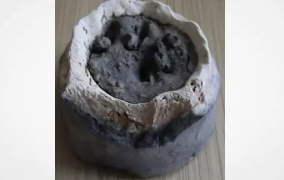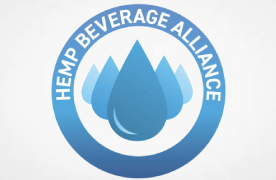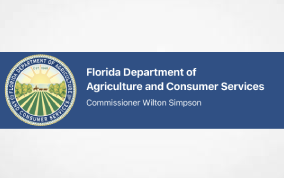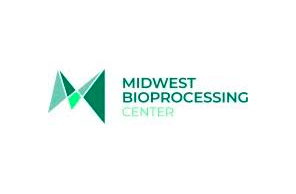Hemp Grower reports…
When Midwest Bioprocessing Center in Illinois began scouting new uses for hemp oil, the team embarked on a partnership with the USDA’s Agricultural Research Service (ARS) to find out whether the plant’s particular chemical properties might fit into a broader set of cosmeceutical benefits in the personal care market.
ARS scientists had patented a process called “bio-catalysis” to bind ferulic acids to the lipids in vegetable oil, with the result being a cleaner suite of ingredients for other products that might require ultraviolet absorbency or antioxidant properties.
Would it work with hemp?
“I have a feeling that the fatty acid profile of hemp oil, compared to soybean or coconut, is a little different. It will have different formulation properties, so it will affect thigs like emollience and lipid solubility,” ARS scientist David Compton said.
The reason that matters is because the expanding hemp oil market might be a pathway for farmers with surplus biomass to sell into the cosmeceutical manufacturing sector. The ARS often takes on projects with the goal of expanding the potential market for a given crop.
Compton said that the ARS bio-catalysis process is environmentally benign. The team uses a commercially available enzyme which is supported within the chemical reaction. The oil itself—whether hemp, soybean, coconut or anything else—is the actual solvent. The reaction takes place in the oil.
No post-harvest purification, no extraction, no waste.
The process involves a ferulic acid derivative attached to the oil, which then dissolves in the oil at a particular temperature. That substrate—the mixture of vegetable oil and ferulic acid derivative—is passed over the enzyme. What comes out of the bioreactor is the emollient oil product.
What ARS is doing here is mostly proof-of-concept. It’s unclear whether this bio-catalysis process will work with hemp, specifically, but the curiosity of Midwest Bioprocessing Center is propelling the project.
If it works, Midwest Bioprocessing Center will take the optimized bio-catalysis parameters and apply it to their pilot program to produce cosmeceutical products. Those ferulated oils can be used as ingredients in personal care formulations to imbue UV absorbing properties, antioxidant properties and lipid emollience.
“We have a storied history of working on new crops,” Compton said. “Lesquerella, pennycress, cuphea: These are small, marginal crops that can be used to overwinter—put in the rotation between corn and soybean. We’ve had a long history of working with these new crops and trying to find new uses to grow demand for those small crops. The goal is to grow it into a commodity crop—just like soybeans were a marginal crop in the ‘40s, and they’re now a commodity crop. That’s the perspective we take.”
The ARS is also working on several other hemp-related projects, including hemp fiber research and studies into the use of hemp oil in lubricants.
https://www.hempgrower.com/article/usda-agriculture-research-service-hemp-oil-cosmeceuticals/
















